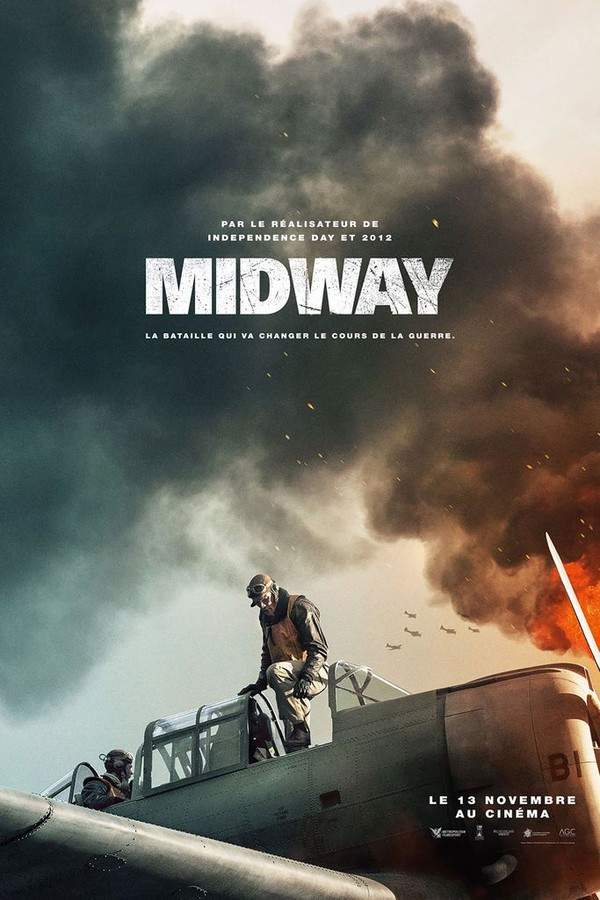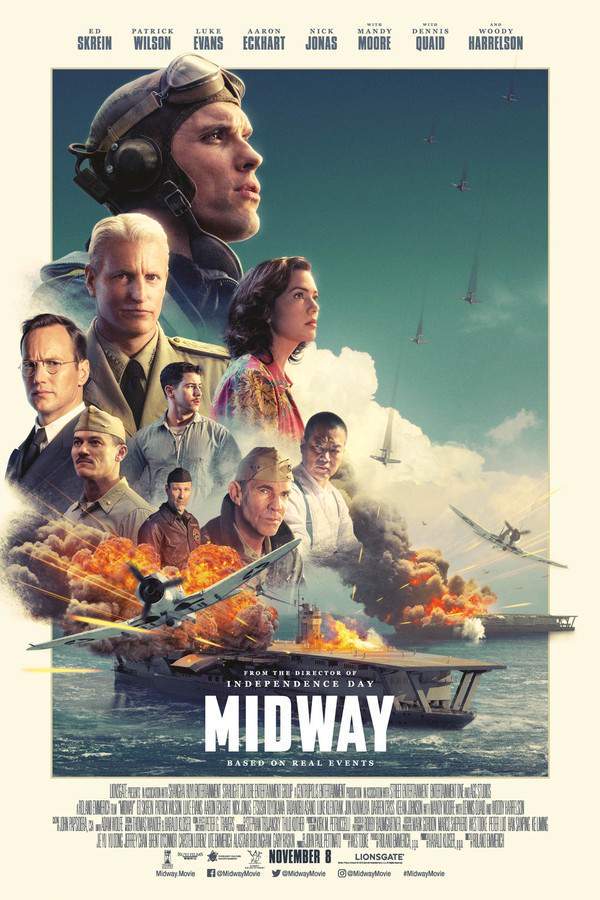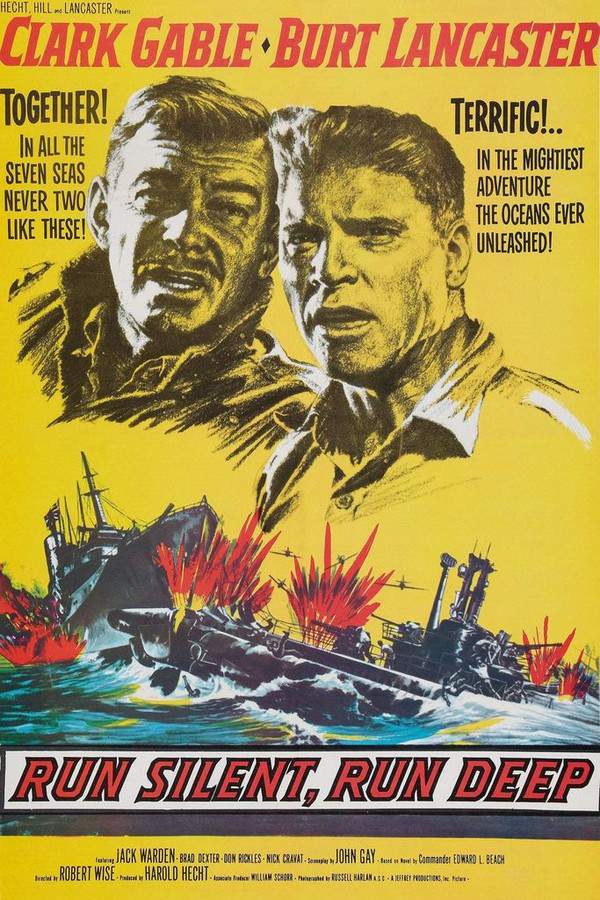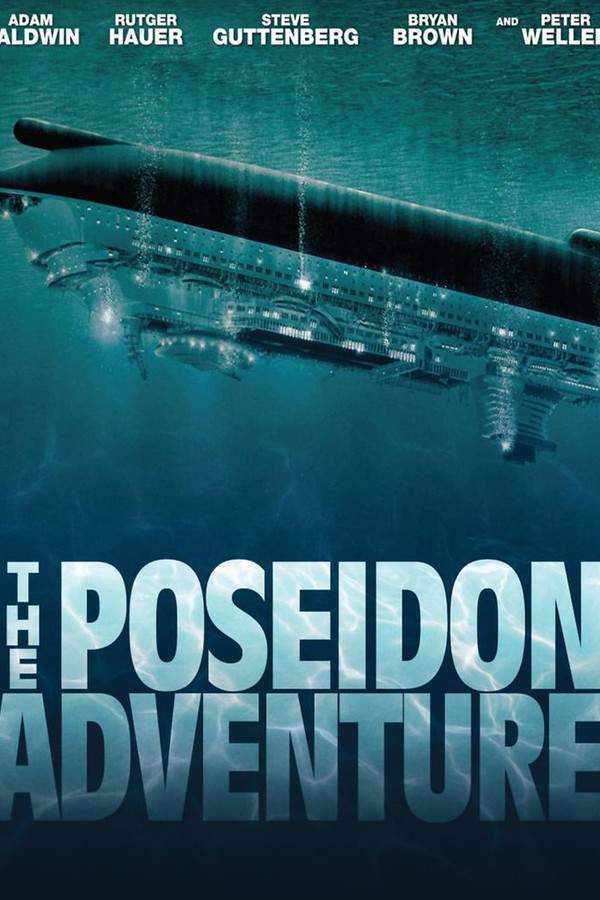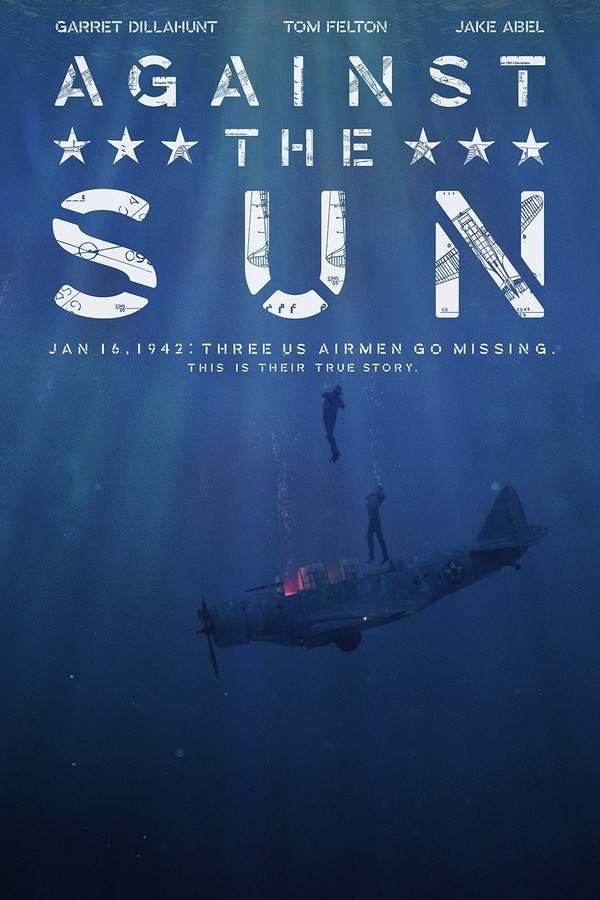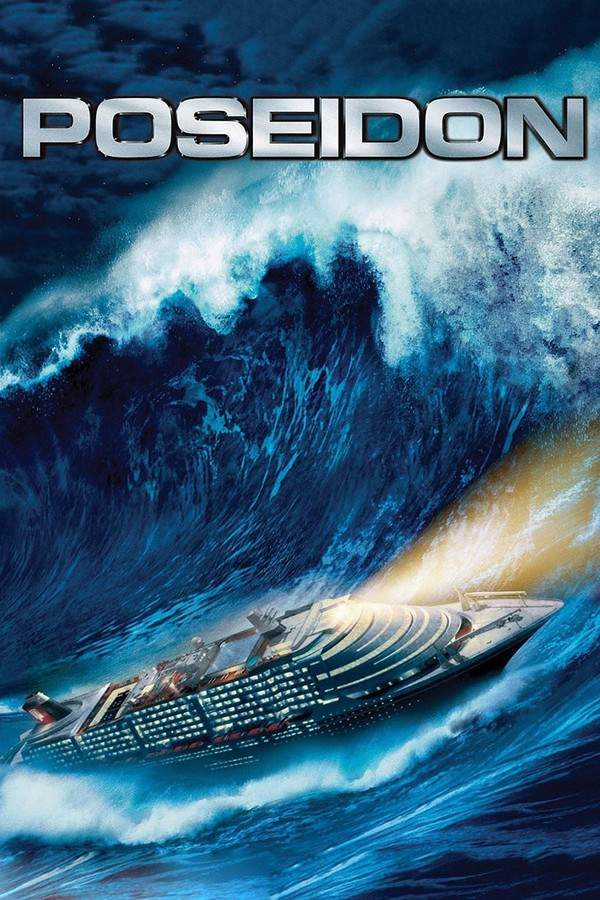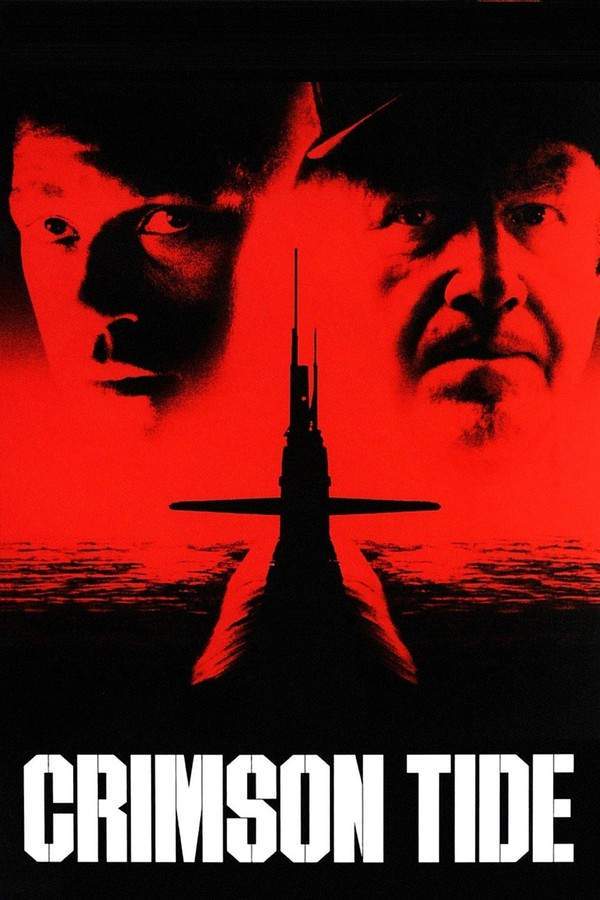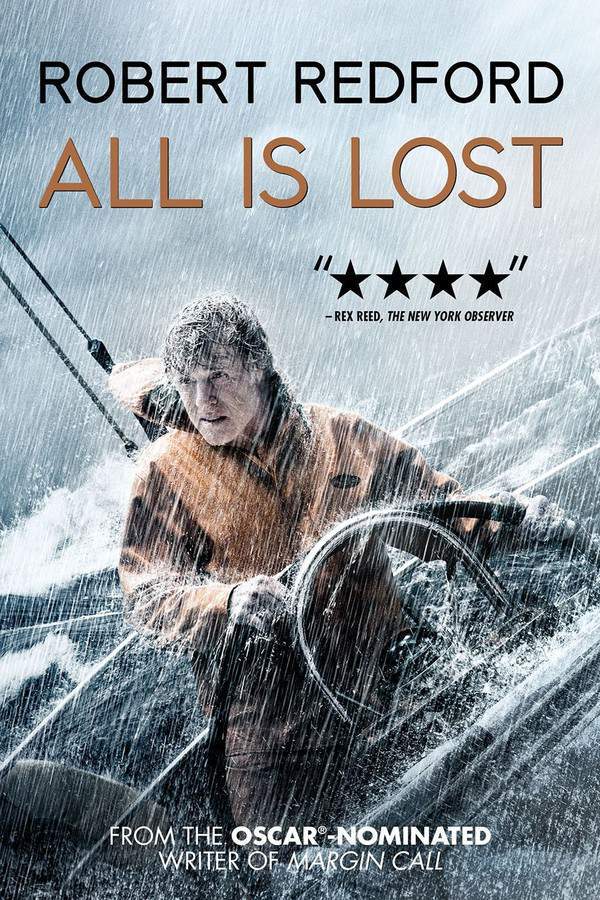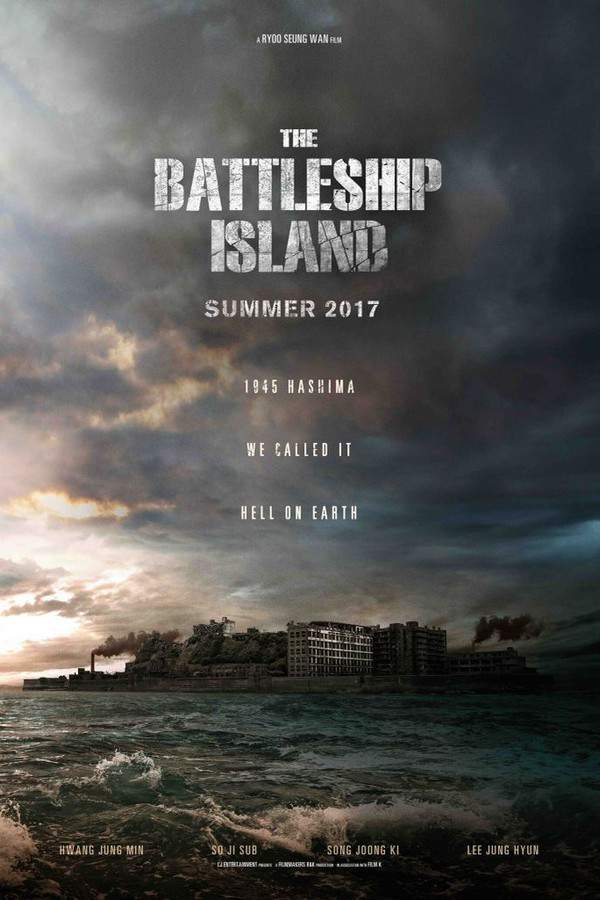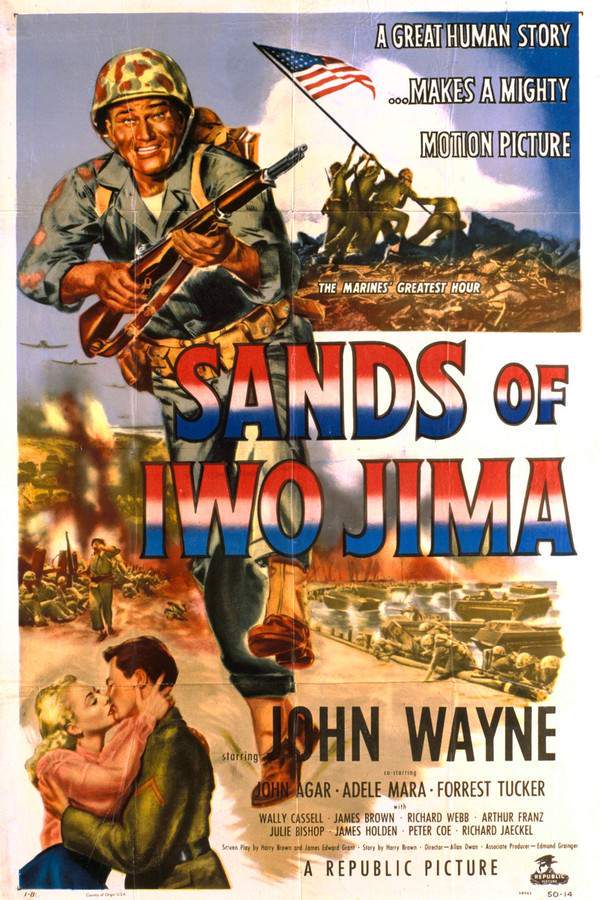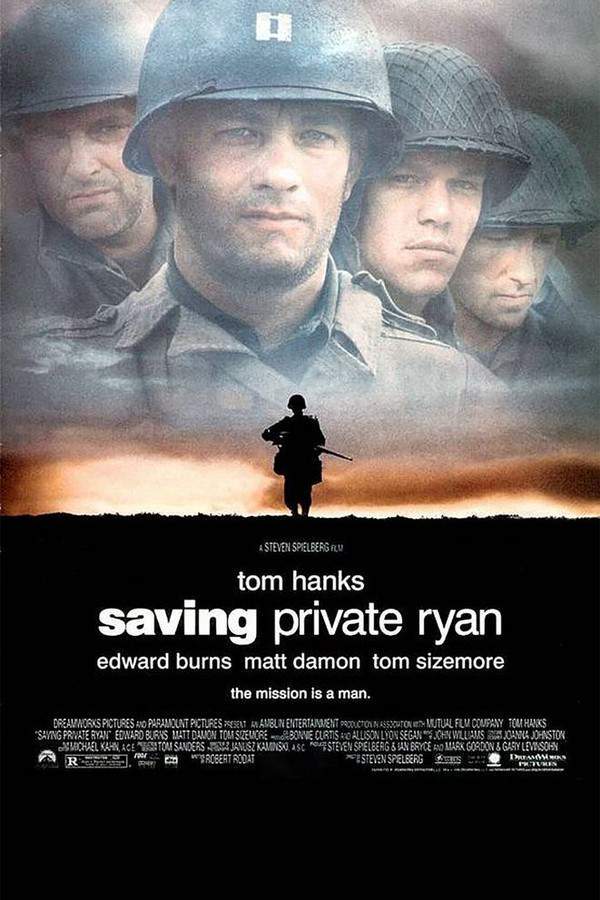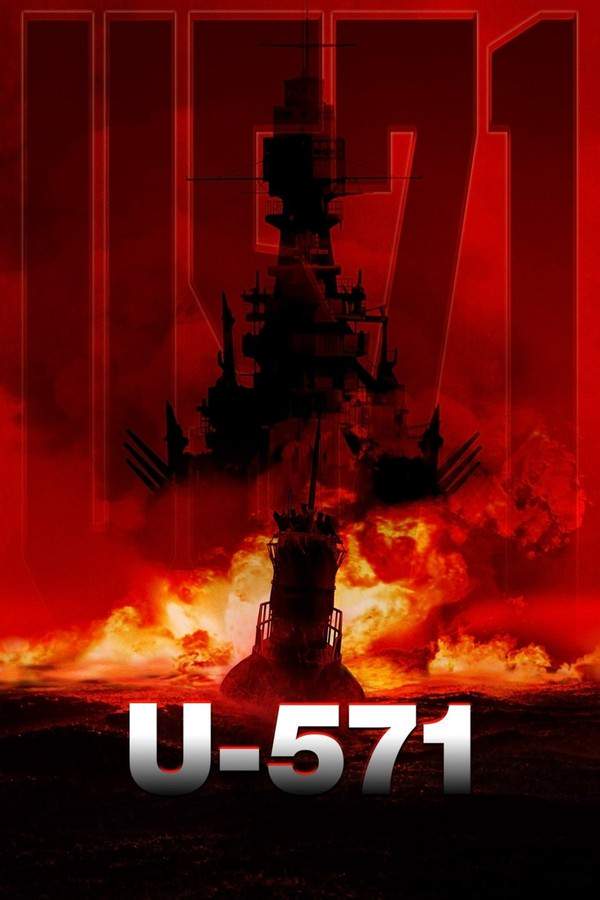USS Indianapolis: Men of Courage 2016
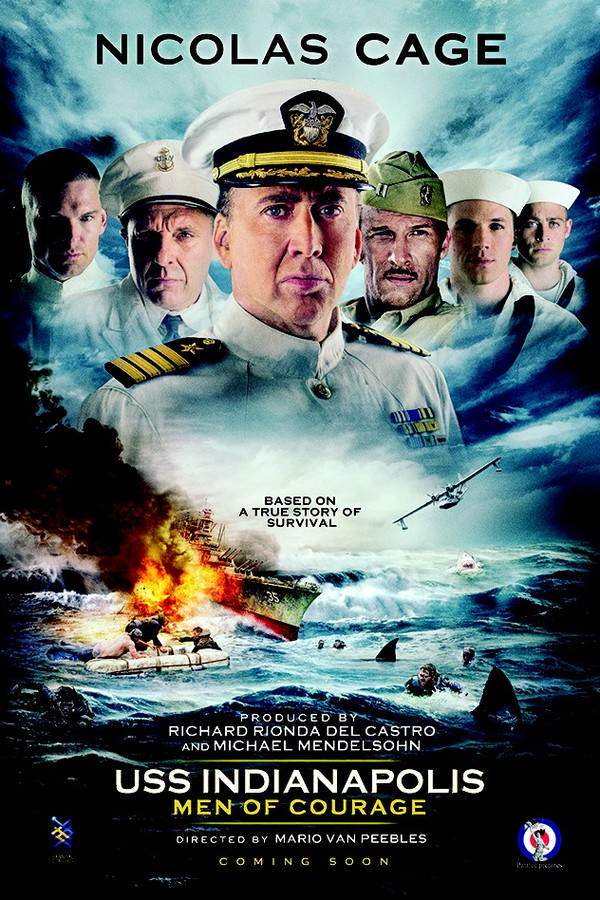
During the final days of World War II, the USS Indianapolis is struck by enemy torpedoes in the Philippine Sea. The crippled vessel and its crew face a harrowing ordeal as they struggle to survive in the vast ocean. Stranded and adrift, the men battle against the elements and the constant danger of shark attacks while desperately awaiting rescue, testing the limits of their courage and resilience.
Does USS Indianapolis: Men of Courage have end credit scenes?
Yes!
USS Indianapolis: Men of Courage does have end credit scenes. Stay until the very end!
Meet the Full Cast and Actors of USS Indianapolis: Men of Courage
Explore the complete cast of USS Indianapolis: Men of Courage, including both lead and supporting actors. Learn who plays each character, discover their past roles and achievements, and find out what makes this ensemble cast stand out in the world of film and television.
No actors found
External Links and Streaming Options
Discover where to watch USS Indianapolis: Men of Courage online, including streaming platforms, rental options, and official sources. Compare reviews, ratings, and in-depth movie information across sites like Metacritic, Rotten Tomatoes, IMDb or TMDb.
Ratings and Reviews for USS Indianapolis: Men of Courage
See how USS Indianapolis: Men of Courage is rated across major platforms like IMDb, Metacritic, and TMDb. Compare audience scores and critic reviews to understand where USS Indianapolis: Men of Courage stands among top-rated movies in its genre.

30
Metascore
4.4
User Score


18%
TOMATOMETER

30%
User Score

5.3 /10
IMDb Rating

59
%
User Score

2.3
From 9 fan ratings

3.08/5
From 13 fan ratings
Take the Ultimate USS Indianapolis: Men of Courage Movie Quiz
Challenge your knowledge of USS Indianapolis: Men of Courage with this fun and interactive movie quiz. Test yourself on key plot points, iconic characters, hidden details, and memorable moments to see how well you really know the film.
USS Indianapolis: Men of Courage Quiz: Test your knowledge on the harrowing events and historical significance of the USS Indianapolis and its crew.
What was the primary mission of the USS Indianapolis in 1945?
Full Plot Summary and Ending Explained for USS Indianapolis: Men of Courage
Read the complete plot summary of USS Indianapolis: Men of Courage, including all major events, twists, and the full ending explained in detail. Explore key characters, themes, hidden meanings, and everything you need to understand the story from beginning to end.
In 1945, the United States faced significant challenges in dislodging the Japanese forces entrenched in Okinawa, a crucial gateway to the Japanese main islands. US troops attempting to approach Okinawa were met with fierce resistance from both aerial dive bombers and heavily armed ground troops.
In light of the steep human costs associated with a ground invasion of Japan, a high-stakes plan emerged: an atomic bomb would be delivered to Japan. However, the aircraft capable of carrying it lacked the necessary range, necessitating transport to the Philippines. The decision was made to send the bomb aboard a single, unprotected military ship, designed to evade detection by the Japanese fleet.
The chosen vessel for this perilous mission was the USS Indianapolis, commanded by Captain Charles McVay. Tasked with delivering components that would ultimately be used to devastate Hiroshima, McVay realized the gravity of the situation—he was embarking on what could be perceived as a suicidal mission. While the USS Indianapolis was a formidable heavy cruiser against ships and aircraft, it was highly vulnerable to submarine attacks. Unlike typical operations where heavy cruisers traveled with an escort of destroyers to fend off submarines, in this instance, McVay was ordered to proceed without any protective measures. In the event of a torpedo strike, the crew would have merely four minutes to evacuate. Although the ship could maneuver to evade enemy subs, it could not outrun the deadly Kaitens, manned torpedoes launched from Japanese submarines.
Under the direction of Rear Admiral William S. Parnell, McVay was pushed to undertake this mission despite the inexperience of many in his crew, which included Lieutenant Adrian Marks and Chief Petty Officer Brian “Bama” Smithwick. To make matters worse, the ship was still undergoing repairs from a prior kamikaze attack. After delivering the bomb’s components to Tinian Island on July 26, 1945, the USS Indianapolis was ordered to leave without an escort to maintain the secrecy of the operation.
As it sailed back with 1,197 men on board, disaster struck on July 30, when a Japanese submarine I-58—commanded by a captain who sensed his own impending curse due to a lack of confirmed kills—spotted the heavy cruiser and launched a Kaiten. The submarine’s torpedo struck, leading to the rapid sinking of the USS Indianapolis. Of the crew, 300 men perished in the depths of the Philippine Sea, while the remaining sailors found themselves stranded for five harrowing days in treacherous waters, bereft of food or drink in an environment teeming with sharks.
Suffering intense thirst and hunger, many of the survivors succumbed to the unforgiving sea, either eaten by sharks or dying from saltwater poisoning. By the end of the third day, only 500 men were left, dwindling further to 350 by the fourth day. Hope appeared lost until a pilot fortuitously spotted the remaining survivors on the fifth day and initiated a rescue operation, leading to the recovery of just 317 crew members.
In the aftermath, the US Navy faced scrutiny over its failure to provide an escort or respond adequately to the distress calls sent by the Indianapolis prior to its sinking. This negligence was swept under the rug, with the Navy courts-martialing Captain McVay for supposedly endangering his ship by not zigzagging to avoid enemy fire. Despite testimonies, including one from the former captain of the IJN I-58 submarine who sought to prove McVay’s innocence, the blame was unfairly placed on him.
As the years passed, McVay became a target for vilification by the media and harassed by the families of those lost in the tragedy, which ultimately led him to take his own life. Meanwhile, the commander of the Japanese submarine returned to Japan, eventually participating in the exoneration of Captain McVay years later. In 2000, President Bill Clinton formally cleared McVay of all charges, recognizing the grave injustices surrounding this historical maritime disaster.
Watch Trailers, Clips & Behind-the-Scenes for USS Indianapolis: Men of Courage
Watch official trailers, exclusive clips, cast interviews, and behind-the-scenes footage from USS Indianapolis: Men of Courage. Dive deeper into the making of the film, its standout moments, and key production insights.
Cars Featured in USS Indianapolis: Men of Courage
Explore all cars featured in USS Indianapolis: Men of Courage, including their makes, models, scenes they appear in, and their significance to the plot. A must-read for car enthusiasts and movie buffs alike.
Movie Themes and Keywords
Discover the central themes, ideas, and keywords that define the movie’s story, tone, and message. Analyze the film’s deeper meanings, genre influences, and recurring concepts.
Similar Movies You Should Know About
Browse a curated list of movies similar in genre, tone, characters, or story structure. Discover new titles like the one you're watching, perfect for fans of related plots, vibes, or cinematic styles.
Quick Links: Summary, Cast, Ratings, More

What's After the Movie?
Not sure whether to stay after the credits? Find out!
Explore Our Movie Platform
New Movie Releases (2025)
Famous Movie Actors
Top Film Production Studios
Movie Plot Summaries & Endings
Major Movie Awards & Winners
Best Concert Films & Music Documentaries
© 2025 What's After the Movie. All rights reserved.













